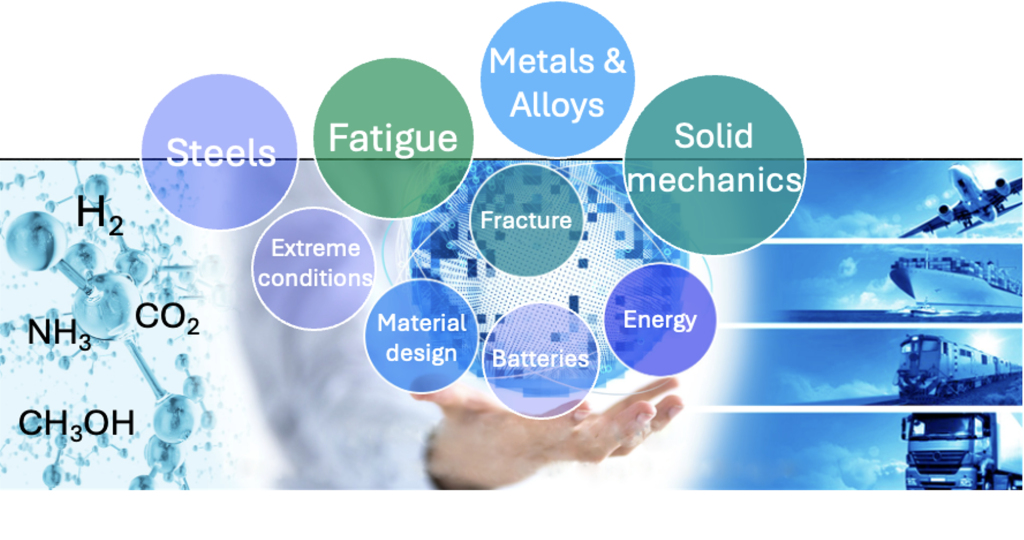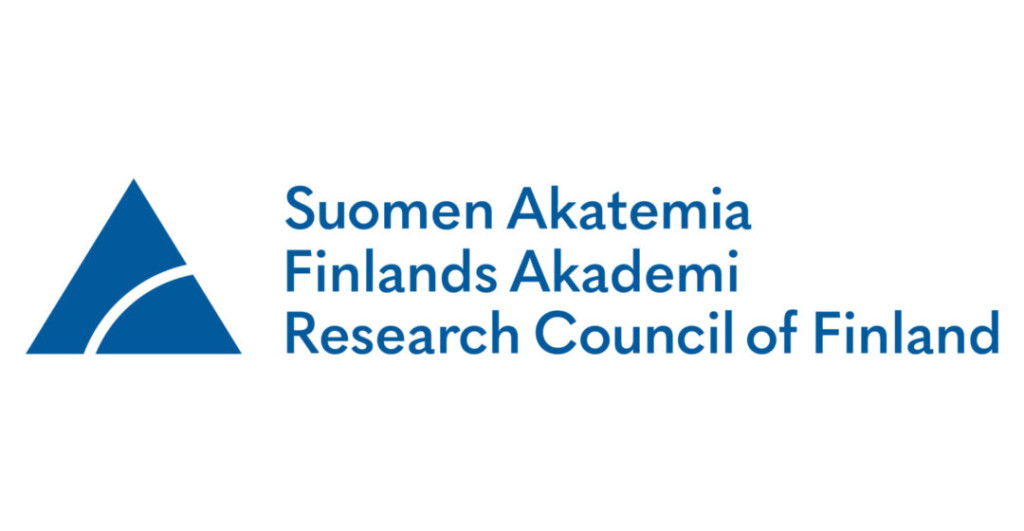Project period:
1.9.2025–31.8.2029
Project funding:
Research Council of Finland

This research project focuses on advanced steels and their fatigue behaviour in both air and hydrogen environments, pushing the boundaries of solid mechanics and mechanics of materials to enhance structural integrity and create a multiscale fatigue prediction framework for hydrogen transport and storage systems. Using multiscale finite element-based simulations combined with advanced experiments, the study investigates the mechanisms of hydrogen embrittlement, cyclic loading regimes, and fatigue crack growth under varying mechanical and environmental conditions. The outcome will be a predictive simulation framework validated by advanced multiscale experiments, capable of predicting hydrogen-assisted degradation and fatigue life in advanced steels and their welds, providing a robust scientific foundation for developing safer and more durable materials for the future hydrogen infrastructure.

Project period:
1.9.2025–31.8.2029
Project funding:
Research Council of Finland


